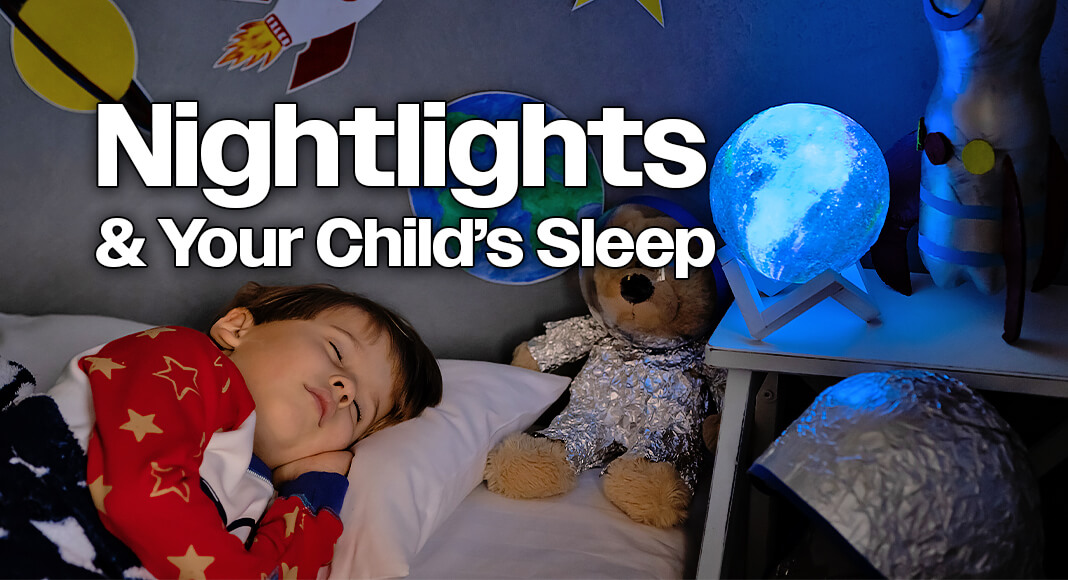
Mega Doctor News
CLEVELAND CLINIC – There are all kinds of reasons a child may have trouble falling asleep or staying asleep, but one factor that could be playing a role is their nightlight.
That little source of light can actually be pretty disruptive.
“Nightlights can significantly impact a child’s sleep, but it really depends on the type of light that you use, the brightnesses of it, the color of it,” said Brian Chen, MD, sleep specialist for Cleveland Clinic. “Generally bright blue lights, like the color of the sky, significantly affect our normal melatonin production, which controls our circadian rhythm. So, our sleep schedules can get really messed up by bright lights, blue lights at nighttime.”
Dr. Chen said research shows a red-colored nightlight is best for bedtime because it doesn’t disrupt melatonin production.
However, little kids may find the color red scary in the dark, so a good alternative would be something that’s orange or amber-colored.
The placement of a nightlight matters too.
Dr. Chen recommends keeping it lower to the ground, if possible, and making sure it doesn’t illuminate the ceiling.
He adds nightlights are really about personal preference, some kids may need them and some may not, and that’s okay.
“Another option is for the nightlight to slowly dim and then goes off at nighttime. If they can tolerate that, then that’d be great,” he said. “Or maybe they just need a nightlight for them to know that it’s bedtime, and then after they’ve fallen asleep, it’d be great if the nightlight turns off and it is dark.”
Dr. Chen said if your child has had sleep issues for a while and doesn’t seem to be improving, it’s best to consult with their pediatrician.










